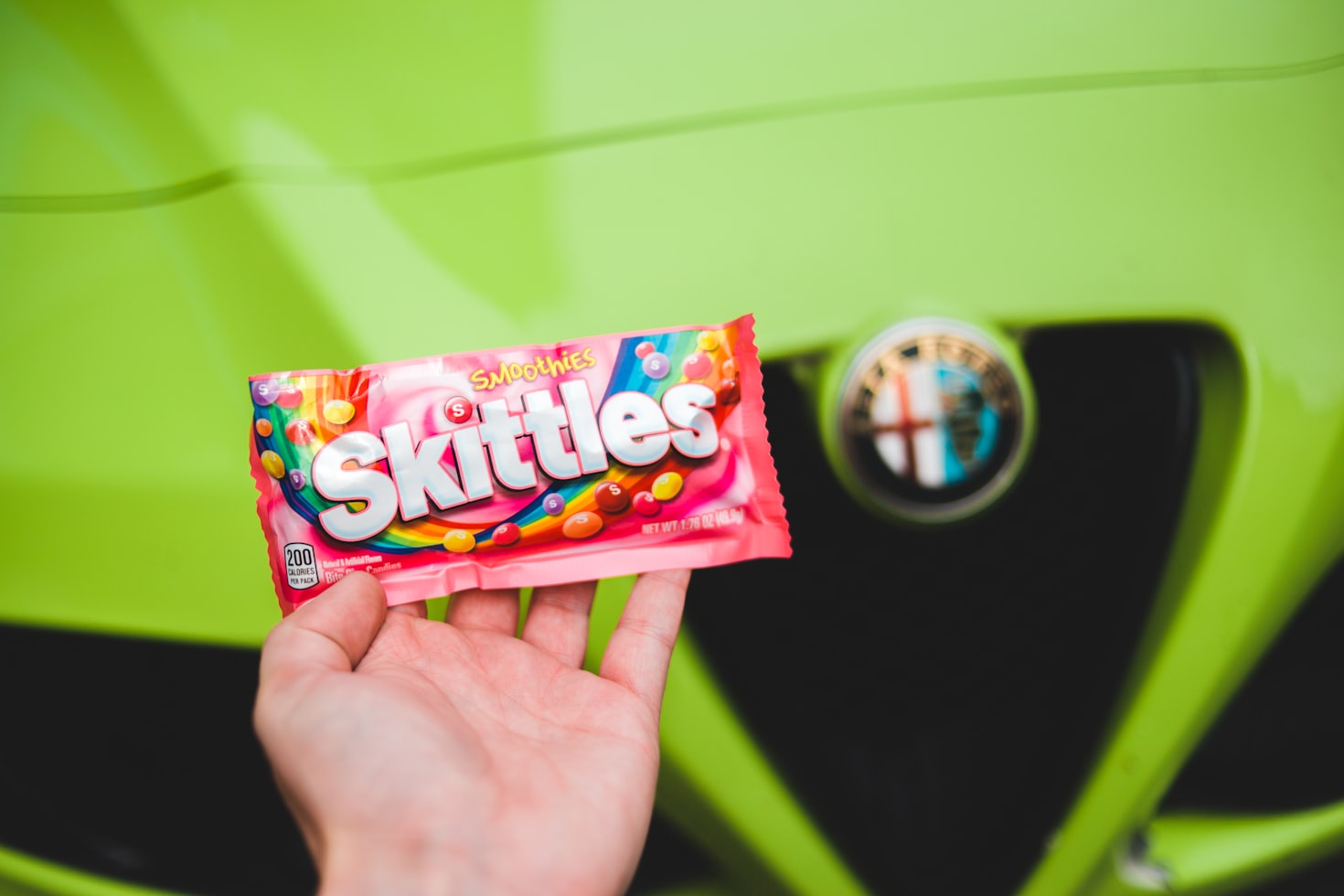Will 1 Gram Of Sugar Kick Me Out Of Ketosis?
Following a ketogenic diet requires strict adherence to a low-carbohydrate, high-fat eating plan. The goal is to enter a state of ketosis, where your body burns fat for fuel instead of carbohydrates. While the diet allows for some flexibility, many individuals wonder if consuming even a small amount of sugar can disrupt their ketosis. In this article, we will explore the impact of 1 gram of sugar on ketosis and provide valuable insights to help you make informed decisions about your dietary choices.
Understanding Ketosis
Ketosis is a metabolic state in which your body primarily relies on ketones, produced from fat breakdown, as its main source of energy. To achieve and maintain ketosis, individuals typically limit their carbohydrate intake to around 20-50 grams per day, depending on their specific needs and goals.
The Role of Sugar in Ketosis
Sugar, in the form of glucose, is a simple carbohydrate that is quickly absorbed by the body and can raise blood sugar levels. Consuming sugar triggers the release of insulin, a hormone that helps regulate blood sugar levels. Insulin promotes the storage of glucose as glycogen in the liver and muscles, which can hinder the process of ketosis.
However, it’s important to note that not all carbohydrates are created equal. While sugar is a carbohydrate, not all carbohydrates are sugar. Complex carbohydrates, such as those found in vegetables and whole grains, are digested more slowly and have a lower impact on blood sugar levels compared to simple sugars.
The Impact of 1 Gram of Sugar on Ketosis
One gram of sugar contains approximately 4 calories. In the context of a ketogenic diet, where the primary focus is on limiting carbohydrate intake, consuming 1 gram of sugar is unlikely to kick you out of ketosis. However, it’s essential to consider the overall carbohydrate content of your diet and the sources of those carbohydrates.
For example, if you consume a diet consisting of 20 grams of carbohydrates per day, and 1 gram of that comes from sugar, it would still leave you with 19 grams of carbohydrates from other sources. As long as your total carbohydrate intake remains within your target range, a small amount of sugar is unlikely to have a significant impact on ketosis.
Factors That Can Influence Ketosis
While 1 gram of sugar may not be enough to kick you out of ketosis, it’s important to consider other factors that can influence your ability to maintain a state of ketosis:
- Total carbohydrate intake: The total amount of carbohydrates you consume, including both sugar and other sources, can impact ketosis. Staying within your recommended carbohydrate range is crucial.
- Individual tolerance: Each person’s tolerance for carbohydrates and ability to maintain ketosis may vary. Some individuals may be more sensitive to even small amounts of sugar, while others may have a higher threshold.
- Activity level: Regular physical activity can help deplete glycogen stores and enhance ketosis. Engaging in exercise can offset the impact of small amounts of sugar in your diet.
- Overall diet composition: The quality and composition of your overall diet play a significant role in maintaining ketosis. Focusing on whole, unprocessed foods and incorporating healthy fats is essential.
Frequently Asked Questions (FAQ)
1. Can artificial sweeteners be used as a sugar substitute on a ketogenic diet?
Yes, artificial sweeteners can be used as a sugar substitute on a ketogenic diet. However, it’s important to choose sweeteners that do not raise blood sugar levels or trigger an insulin response. Stevia, erythritol, and monk fruit extract are popular options.
2. How long does it take to enter ketosis?
The time it takes to enter ketosis can vary from person to person. It typically takes 2-7 days of strict carbohydrate restriction to deplete glycogen stores and enter ketosis. However, some individuals may enter ketosis more quickly, while others may take longer.
3. Can I consume fruit on a ketogenic diet?
Fruits are generally higher in carbohydrates, including natural sugars, which can impact ketosis. While small amounts of berries can be incorporated into a ketogenic diet, it’s important to monitor your overall carbohydrate intake and adjust accordingly.
4. Will consuming alcohol affect ketosis?
Alcohol can temporarily halt fat burning and ketone production as your body prioritizes metabolizing the alcohol. Additionally, many alcoholic beverages contain carbohydrates, which can further impact ketosis. It’s best to consume alcohol in moderation and choose low-carbohydrate options.
5. Can I have cheat days on a ketogenic diet?
Cheat days, where you consume a higher amount of carbohydrates, can disrupt ketosis and make it more challenging to return to a state of ketosis. It’s generally recommended to avoid cheat days or plan for targeted carbohydrate refeeds if necessary.
6. Can I still lose weight on a ketogenic diet if I consume small amounts of sugar?
Weight loss on a ketogenic diet is primarily driven by the reduction in overall calorie intake and the metabolic effects of ketosis. Consuming small amounts of sugar within your carbohydrate limit is unlikely to prevent weight loss, as long as you maintain a calorie deficit.
Summary
While 1 gram of sugar may not be enough to kick you out of ketosis, it’s important to consider the overall carbohydrate content of your diet and the sources of those carbohydrates. Maintaining a state of ketosis requires careful attention to carbohydrate intake, individual tolerance, and overall diet composition. By making informed choices and staying within your recommended carbohydrate range, you can enjoy the benefits of ketosis while still incorporating small amounts of sugar into your diet.






